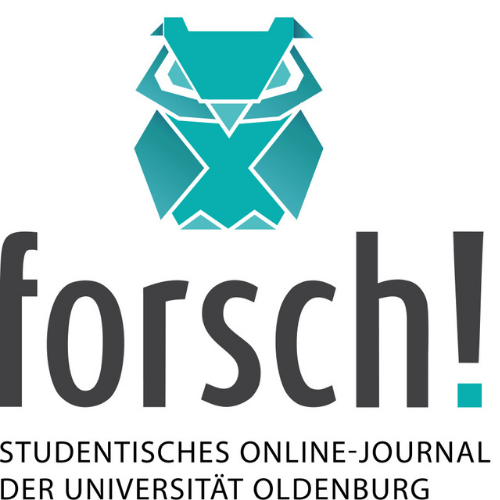Endoplasmic Reticulum Stress Response is Transmissible in vitro from Epithelial Cells to Fibroblasts via the Mediation of Unfolded Protein Response
Schlagwörter:
Transmissible ER stress, unfolded protein response, fibrotic disease, intercellular stress communicationAbstract
The unfolded protein response (UPR) can restore cellular homeostasis and induce apoptosis during endoplasmic reticulum (ER) stress. Its activation has been observed during inflammation and fibrogenesis, which undermine tissue architecture and organ function. Nonetheless, the escalation from cell-intrinsic UPR to tissue-wide damage remains unclear. This study investigated whether UPR-induced signals in epithelial cells are transmissible to fibroblasts and if they could alter fibroblast gene expression towards fibrotic phenotype. An engineered epithelial cell line HEKDAX in which UPR pathways can be activated is co-cultured with fibroblasts to mimic the tissue environment. Fibroblast gene expression was analyzed using fluorescent stress bioassay, Western blot, and immunocytochemistry. Changes in the expression of ATF6- and XBP1s-induced genes and altered fibroblast endosomal and secretory compartments were observed. Increased fibroblast proliferation was measured. These findings suggested that this epithelial UPR-initiated stress communication has direct influences on fibroblast, providing new insights into the pathophysiological roles of the UPR in fibrogenesis.
Please cite this contribution as follows:
Zhang, Y., Bebok, S. (2021). Endoplasmic reticulum stress response is transmissible in vitro from epithelial cells to fibroblasts via the mediation of unfolded protein response , "forsch!" - Studentisches Online-Journal der Universität Oldenburg, 1, 182-192.
https://nbn-resolving.org/urn:nbn:de:101:1-2022011414340360533561
Downloads
Veröffentlicht
Ausgabe
Rubrik
Lizenz
Copyright (c) 2021 Yiming Zhang, Zsuzsanna Bebok

Dieses Werk steht unter der Lizenz Creative Commons Namensnennung 3.0 International.




